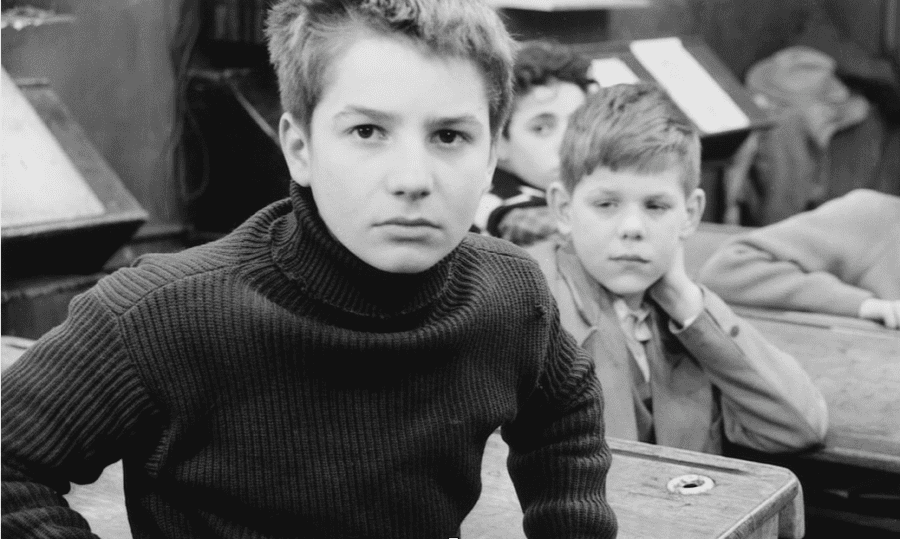Film Forum restores iconic François Truffaut anthology
Modeled on Truffaut’s own life, the series returns to the big screen in new 4K restorations.
“The Adventures of Antoine Doinel” by French director François Truffaut exemplifies a unique sensibility among French New Wave films. (Courtesy of Janus Films)
September 20, 2022
With the recent passing of Jean-Luc Godard on Sept. 13, fewer and fewer members of the French New Wave live to tell its story. Thankfully, as the movement ages, Film Forum brings back a few highlights from the film movement.
“The Adventures of Antoine Doinel” is a series of films directed by fellow New Wave titan François Truffaut, among which is “The 400 Blows,” released in 1959, one of the breakthrough films of the movement. The film follows a young boy, Antoine Doinel (Jean-Pierre Léaud) who leaves a troubled home to find his own way. Inspired by Truffaut’s childhood, the film’s autobiographical storytelling aches with emotion. From Léaud’s terrific child acting to the revolutionary film locations, a new style of filmmaking was born, which would influence the world of cinema in the decades to follow.
While “The 400 Blows” has made its way into mainstream media, fewer may be aware that Truffaut made several subsequent films following the young boy’s different stages of life. The first was the short film “Antoine et Colette,” which was made as part of an anthology film with other French New Wave filmmakers. Now a teenager, Antoine recounts his first love and first job as a boy living on his own.
The next feature film was “Stolen Kisses,” released in 1968, in which Antoine returns to France from his military service. Although he is now an adult, he finds his still-boyish behavior gets him into trouble as he works odd jobs and searches for love. The film’s playfulness matches Antoine’s aimlessness as he finds himself struggling to keep a job and choose between his sweetheart Christine (Claude Jade) and his boss’ wife. The film concludes with Antoine choosing his sweetheart, and, in a way, choosing adulthood.
“Bed and Board,” released in 1970, follows Antoine and Christine as newlyweds, with Truffaut making countless observations on early married life and the struggle to settle down. Christine becomes pregnant while Antoine finds himself growing interested in another woman — as his immaturity from his rambunctious childhood struggles to go away. Although the film tackles serious themes, Truffaut’s balance of comedy and drama remains. The film reckons with the difficulty of that balance, and suggests that Antoine will need to eventually grow up.
Divorced from Christine, Antoine turns 30 years old in “Love on the Run,” released in 1979, and is forced to reflect on his life more than in any previous film. Naturally, the most thoughtful film of the series served as the concluding chapter of his life. One element that separates it from the rest of the series is how the women in his life are given more time and attention than before. Antoine runs into his old flame Colette (Marie-France Pisier). Colette makes Antoine reckon with how he acted and how it affected her. A mature concluding film, “Love on the Run,” released in 1979, completes Antoine’s arc in a satisfying way while reflecting on the character and the films themselves.
What makes this series one of defining works of the French New Wave is its careful observation of the everyday details of life. While Richard Linklater’s “Boyhood” condenses these details into a single film, Truffaut similarly captures the coming-of-age process in greater description. While many filmmakers of the New Wave captured relationships in exquisite detail through following one protagonist over several years, Truffaut’s series of films portray a more universal message, with something to offer everyone who watches it.
Contact Sebastian Zufelt at [email protected].























































































































































